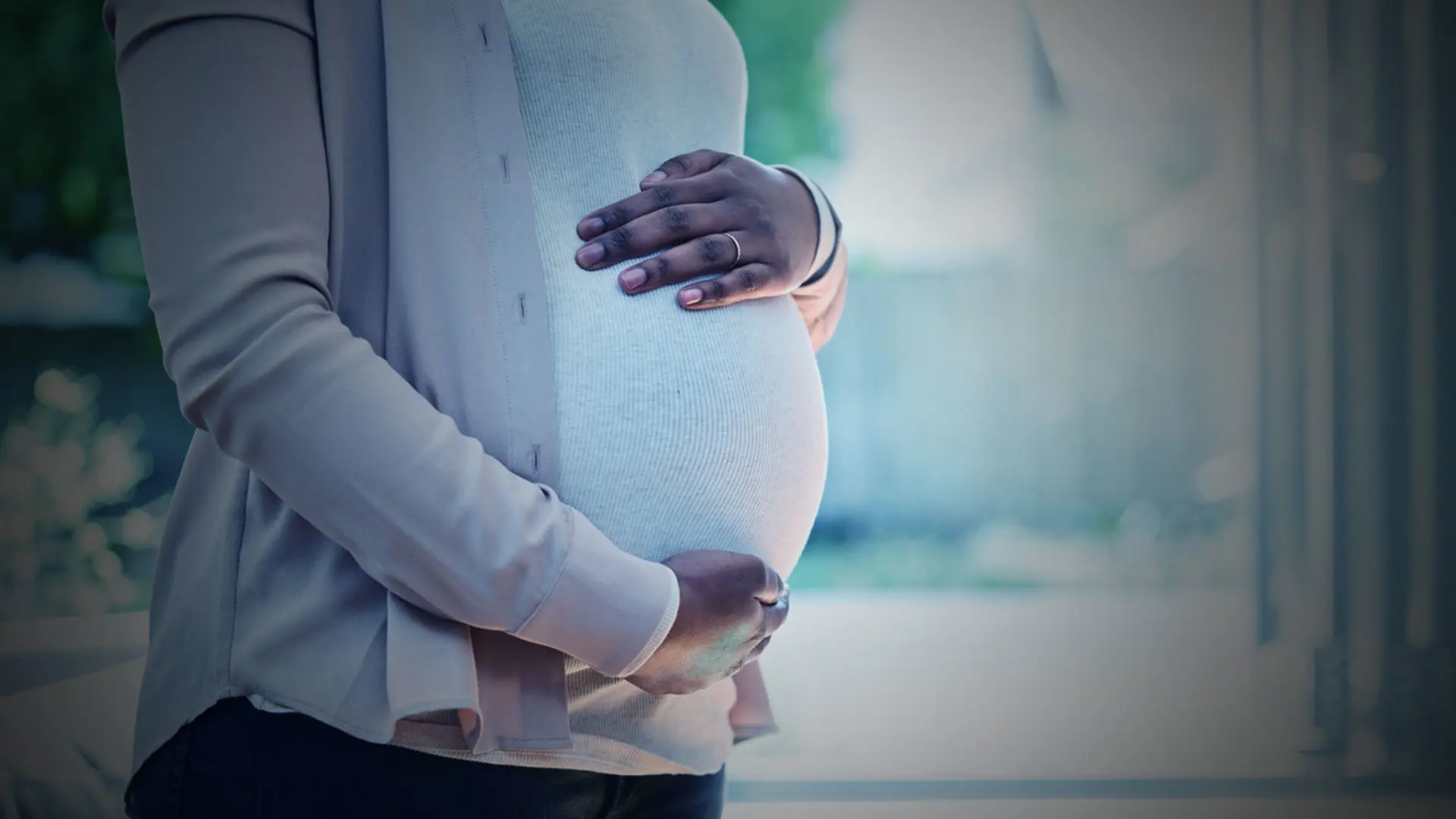Structural racism is associated with both increased risk of COVID-19 infection and preterm births, according to a study led by senior author Teresa Janevic, PhD, MPH, Associate Professor of Obstetrics, Gynecology and Reproductive Science, and Co-Director of the Blavatnik Family Women’s Health Research Institute at the Icahn School of Medicine at Mount Sinai. The researchers say their study is the first to show this using antibody test results—a very reliable measure of infection—instead of COVID-19 testing data.
“In our study of pregnant persons in New York City, the same neighborhoods most affected by structural racism and pandemic stress experienced the highest risk of preterm birth,” explains Dr. Janevic, Associate Professor of Population Health Science and Policy, and Global Health.
The study was published in April 2022 in the American Journal of Obstetrics and Gynecology. It is part of an initiative known as Generation C, which for two years has followed participants in the Mount Sinai Health System through pregnancy and birth to study if the virus that causes COVID-19 is associated with poor pregnancy outcomes.
In the study led by Dr. Janevic, researchers specifically examined how existing structures of racism and socioeconomic inequity, as well as pandemic-related social and economic stressors, influence COVID-19 infection during pregnancy and adverse birth outcomes.
The 967 participants were pregnant people treated in the Mount Sinai Health System. The patients were white (38 percent), Black (17 percent), Latinx (30 percent), Asian (9 percent), and of unknown race (5 percent). In quartiles by ZIP code, researchers evaluated measures of structural racism, such as social-structural disadvantage and racial-economic segregation, and pandemic-related stress, including COVID-19 mortality and increases in the community unemployment rate. They also examined medical records to determine whether patients experienced preterm birth or delivered a newborn small for gestational age, and reviewed blood test results that measured COVID-19 antibodies.
In disadvantaged neighborhoods, 11 percent of babies were born preterm, and 12 percent were small for their gestational age. In the higher-income neighborhoods, only 6 percent of babies were preterm.
Researchers found that those who live in mostly Black, low-income neighborhoods had nearly three times the risk of COVID-19 infection as those in white, wealthier neighborhoods. Among pregnant people in the most disadvantaged neighborhoods, 6 percent were white, 41 percent were obese, and 50 percent had public health insurance, while in the wealthier neighborhoods, 38 percent were white, 9 percent were obese, and only 17 percent were on public health insurance.
Health outcomes were similarly disparate. In poorer neighborhoods, three times as many study participants (32 percent) had COVID-19 antibodies than those in more affluent areas (9 percent). Similarly, in disadvantaged neighborhoods, 11 percent of babies were born preterm, and 12 percent were small for their gestational age. In the higher-income neighborhoods, only 6 percent of babies were preterm.
The researchers also found that communities with the highest increases in unemployment in the first wave of the pandemic experienced 60 percent higher increased risk of preterm birth, compared to those with the lowest increase. Researchers point out that this study is among the first to demonstrate a correlation between COVID-19-related unemployment and preterm birth. However, the team found no links between COVID-19 infection, coupled with structural racism or socioeconomic stress, on birth outcomes.
“Future interventions on mitigating structural racism and socioeconomic inequity could reduce the impact of the pandemic on pregnant persons,” Dr. Janevic says. “Similarly, physicians should consider these findings when developing a plan of care for patients from communities that face high pandemic-related unemployment and stressors, and thus, an increased risk of preterm births.”
Featured

Teresa Janevic, PhD, MPH
Associate Professor of Obstetrics, Gynecology and Reproductive Science, and Co-Director of the Blavatnik Family Women’s Health Research Institute
